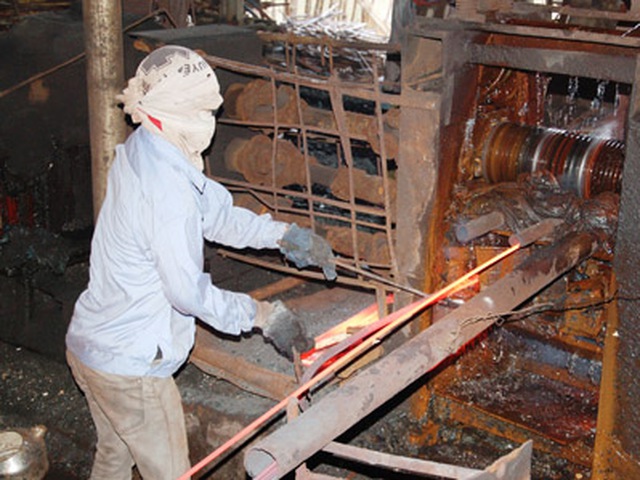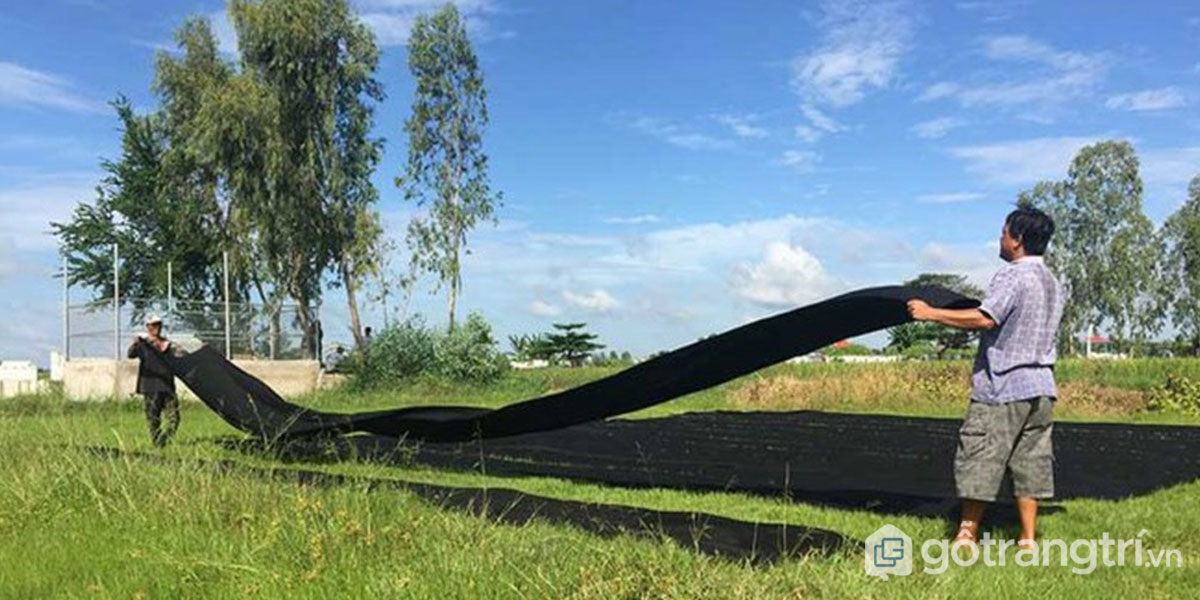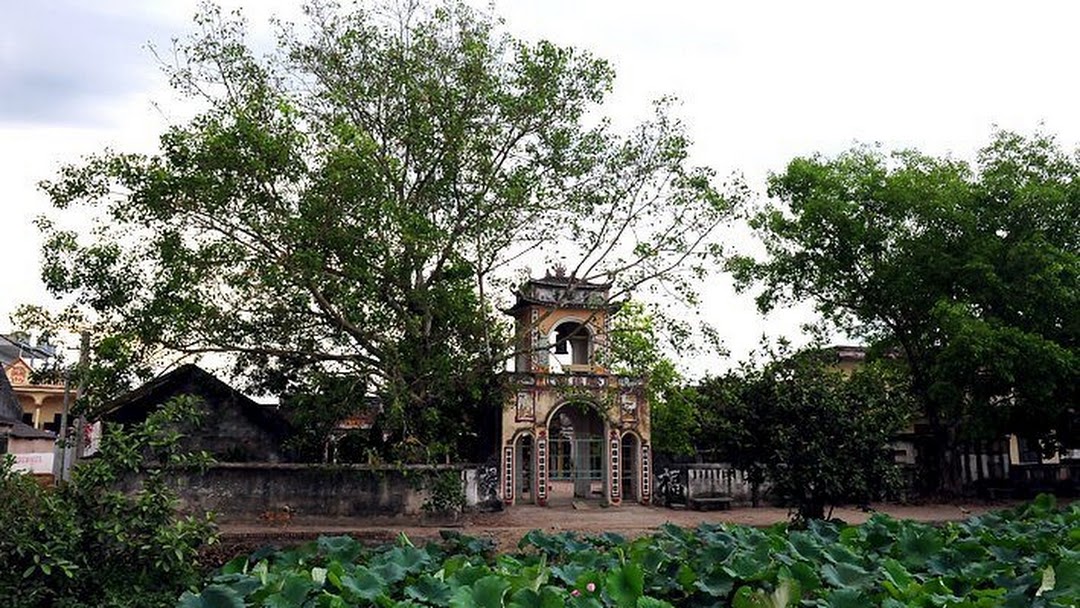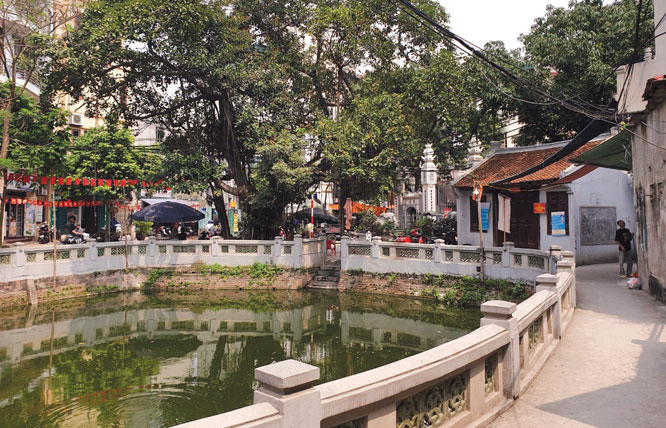Da Hoi
The ancient village of Da Hoi, belonging to Yen Thuong canton, Dong Ngan district, Tu Son district (now Da Hoi Quarter, Chau Khe ward, Tu Son town) is one of the famous ancient villages of Kinh Bac with the long-standing tradition of iron forging. In the past, it has become one of the most economically prosperous localities of Bac Ninh province thanks to the preservation and development of iron forging.

According to the preserved documents, the ancestor of ironsmithing in Da Hoi is Thuan Cong - Tran Duc Hue who was born in a family specialized in iron forging. Due to his merits, he was awarded the title of "Thuong Truong Quoc, Thai Bao is the Duke". In 1599, when he returned to his hometown to retire, he passed on iron smithing to the villagers of Da Hoi. Because of that, every year, on the 10th day of the first lunar month, Da Hoi villagers organize an incense offering to honor their ancestors at Thai Bao Temple, Cong Tran Duc Hue.

The production tools of the ancient Da Hoi craft village were very simple, including bells, hammer pliers, axes and anvils. The fuel used to forge iron is coal. Coal for iron refining must be made from solid wood, iron, cheesy, tau. With skillful hands, the blacksmiths here have produced essential products for local farmers such as hoes, plows, sickles, hinges, nails, carpentry tools... Entering the renovation period, the craft of iron forging in Da Hoi was gradually replaced by casting and rolling steel to serve the needs of customers. Now, blacksmiths no longer use manual furnaces, but instead have foundry and steel mills with the help of casting, pressing, stripping and stamping machines. The products are also very diverse, from agricultural tools, spare parts for bicycles, motorcycles, cars, table and chair frames to all kinds of construction iron, industrial iron.... From a small craft village, Da Hoi now becomes a giant iron and steel production center.



